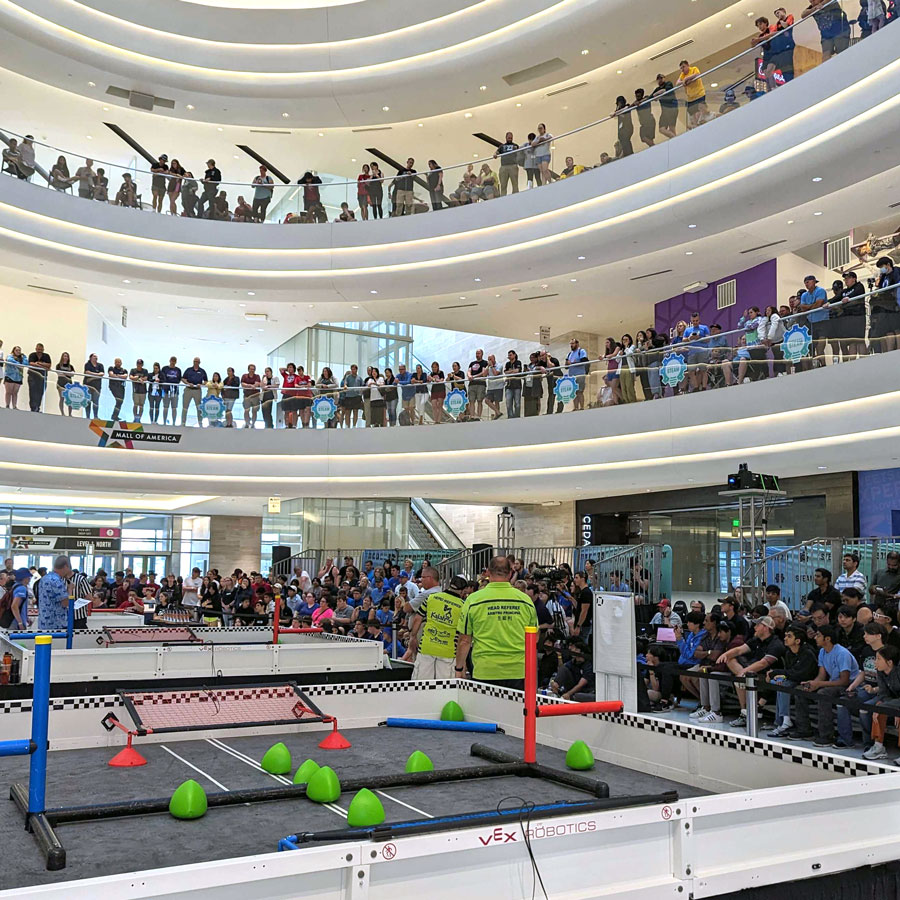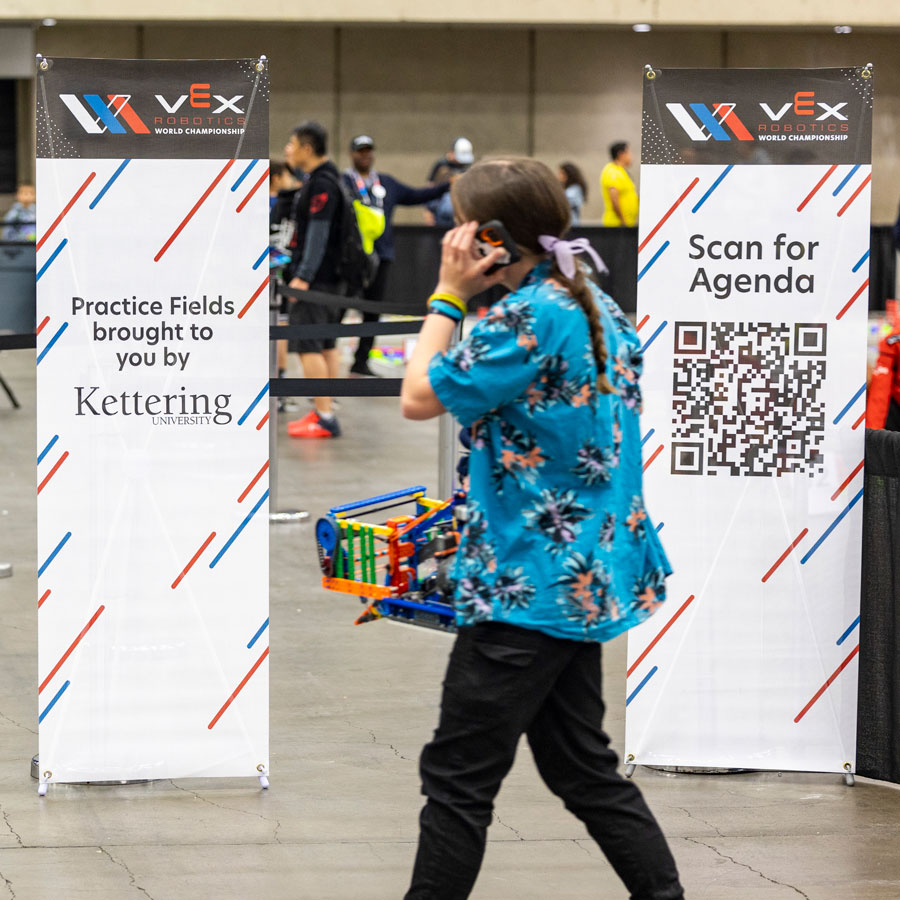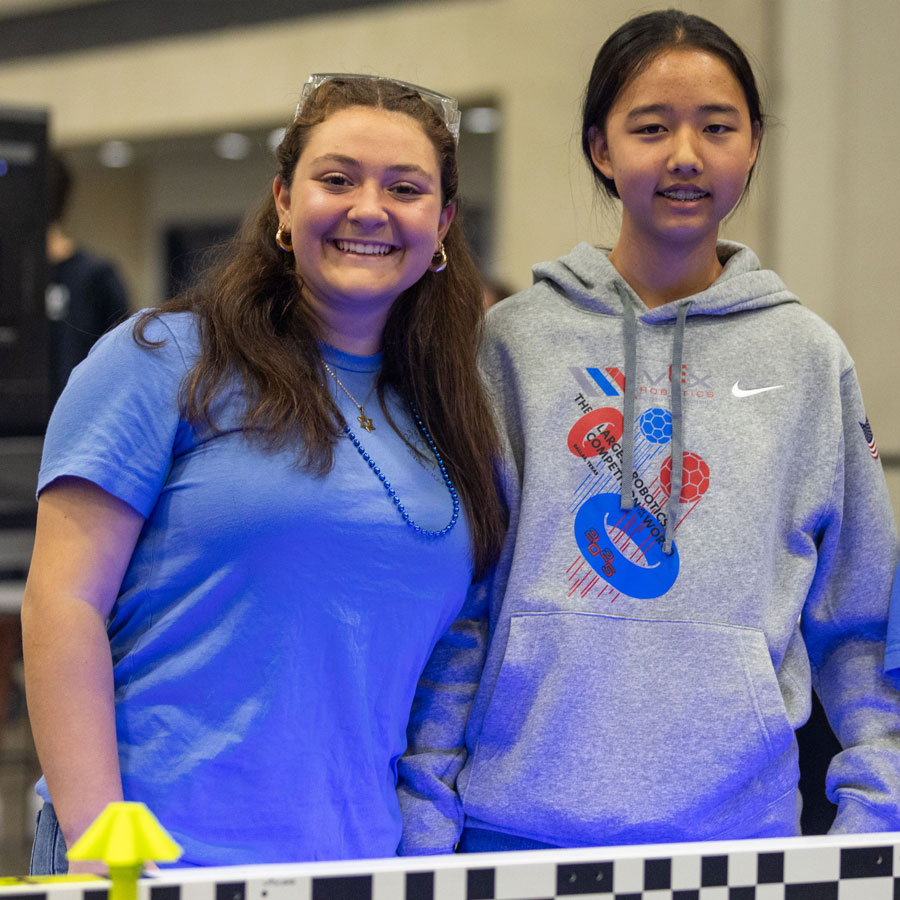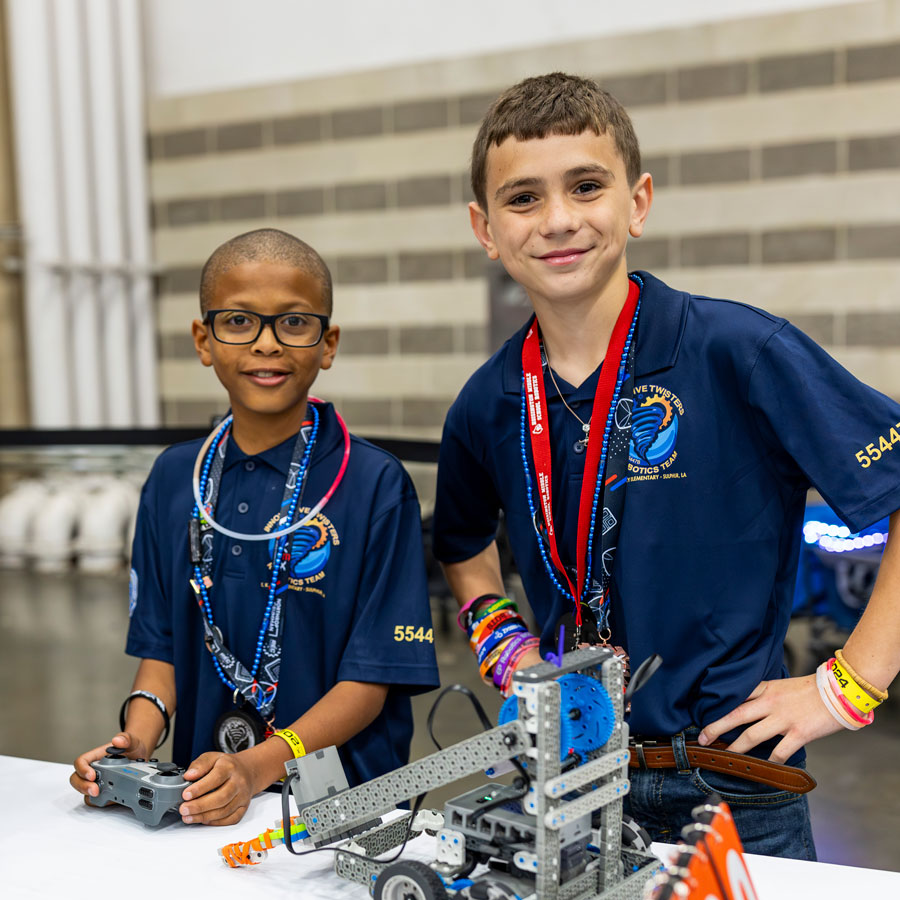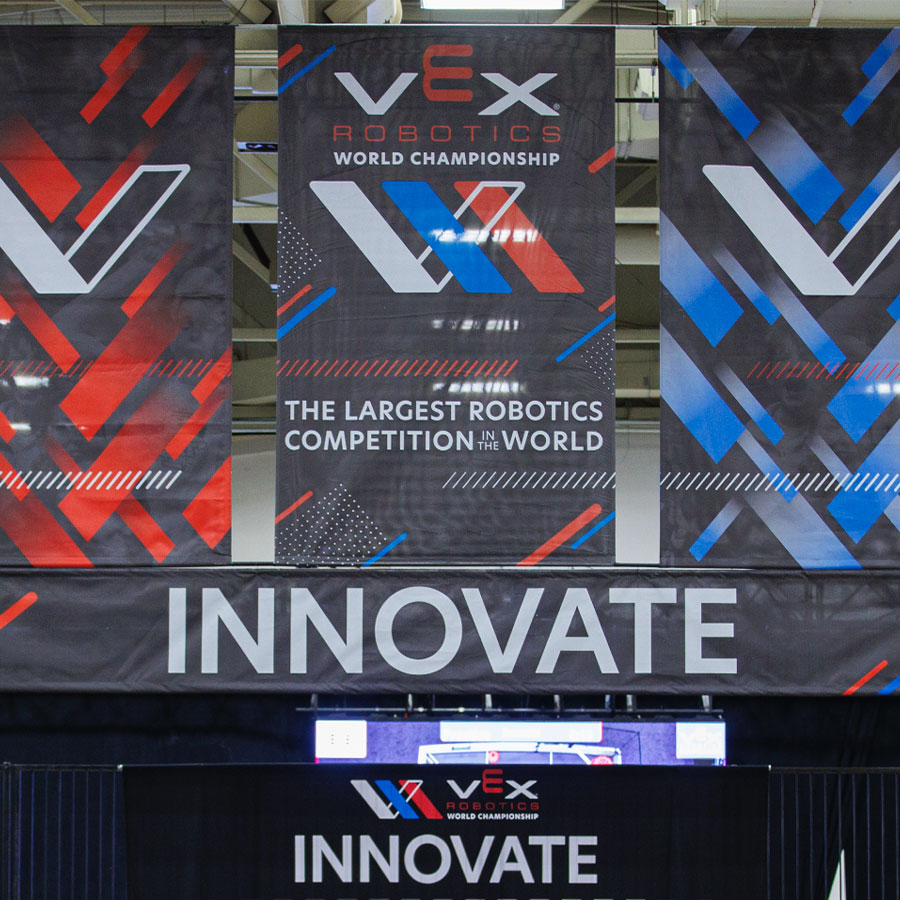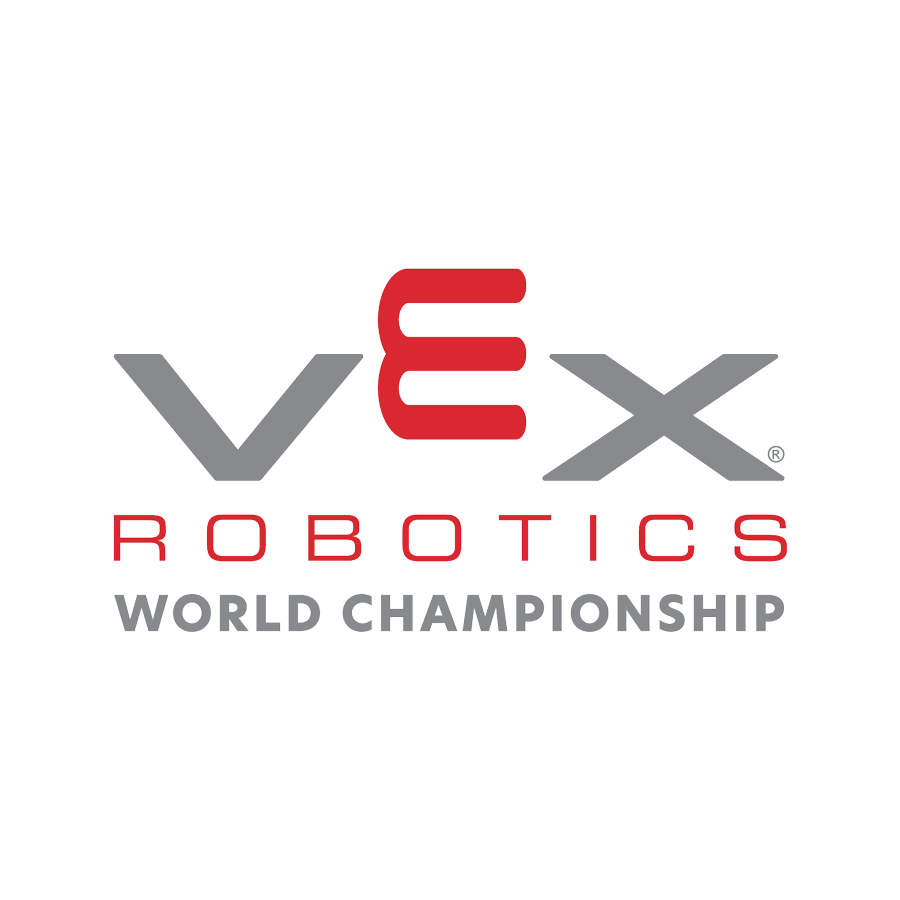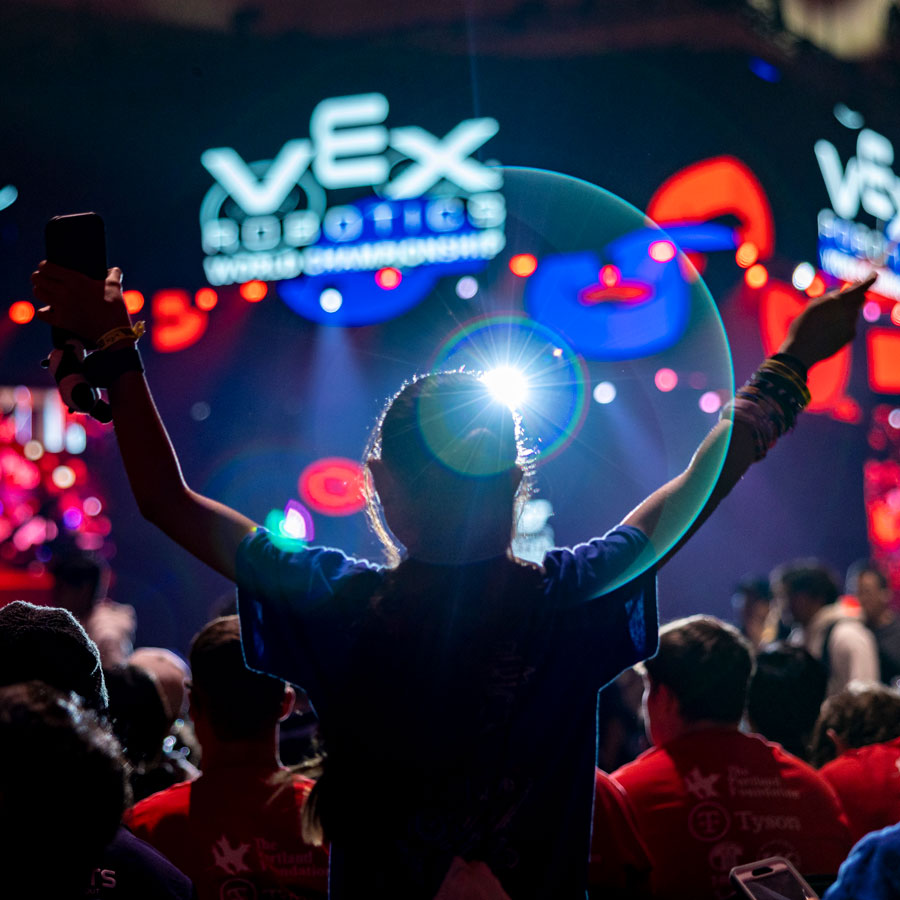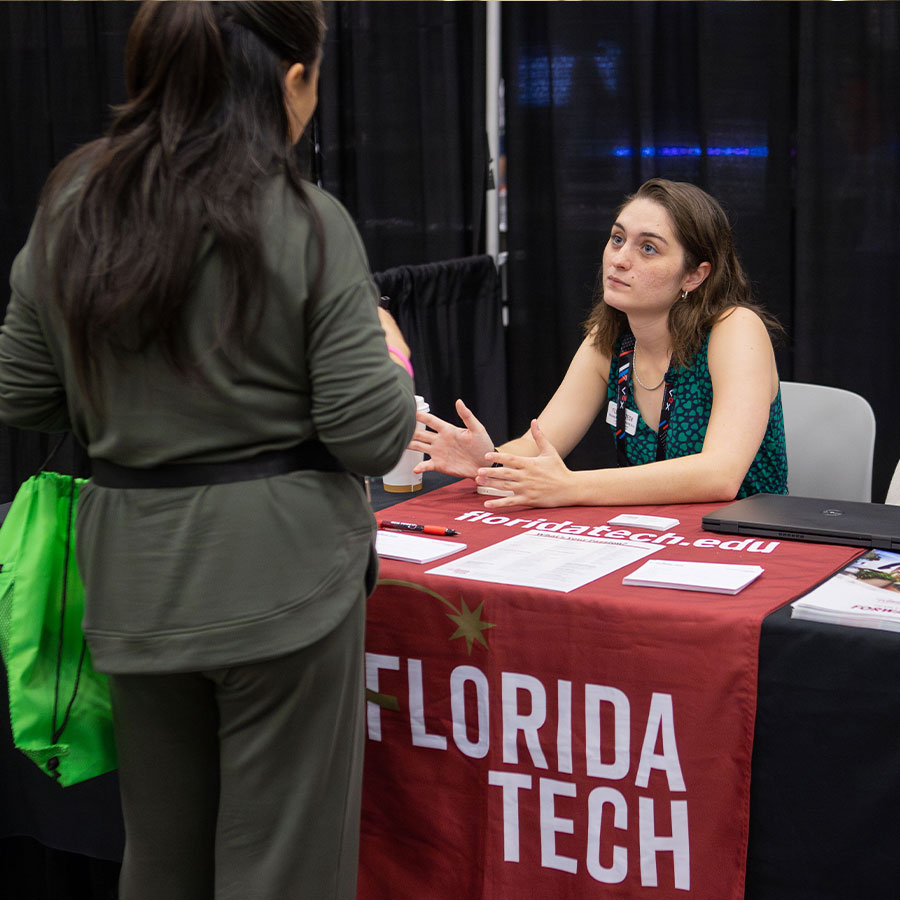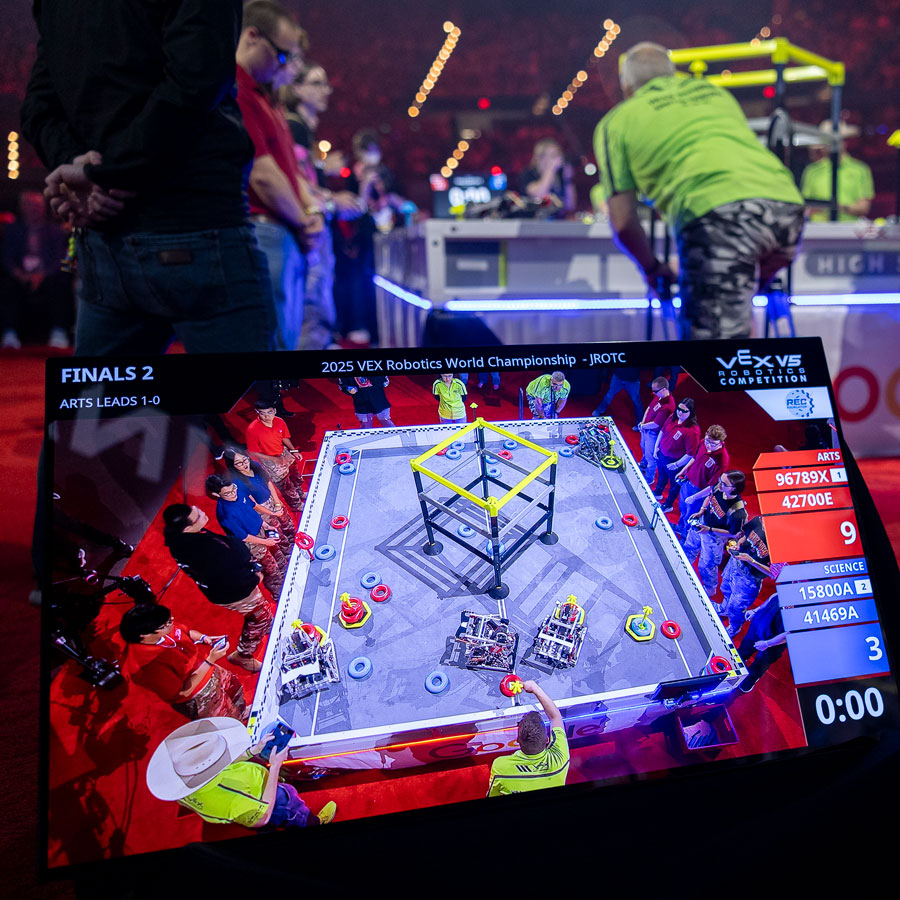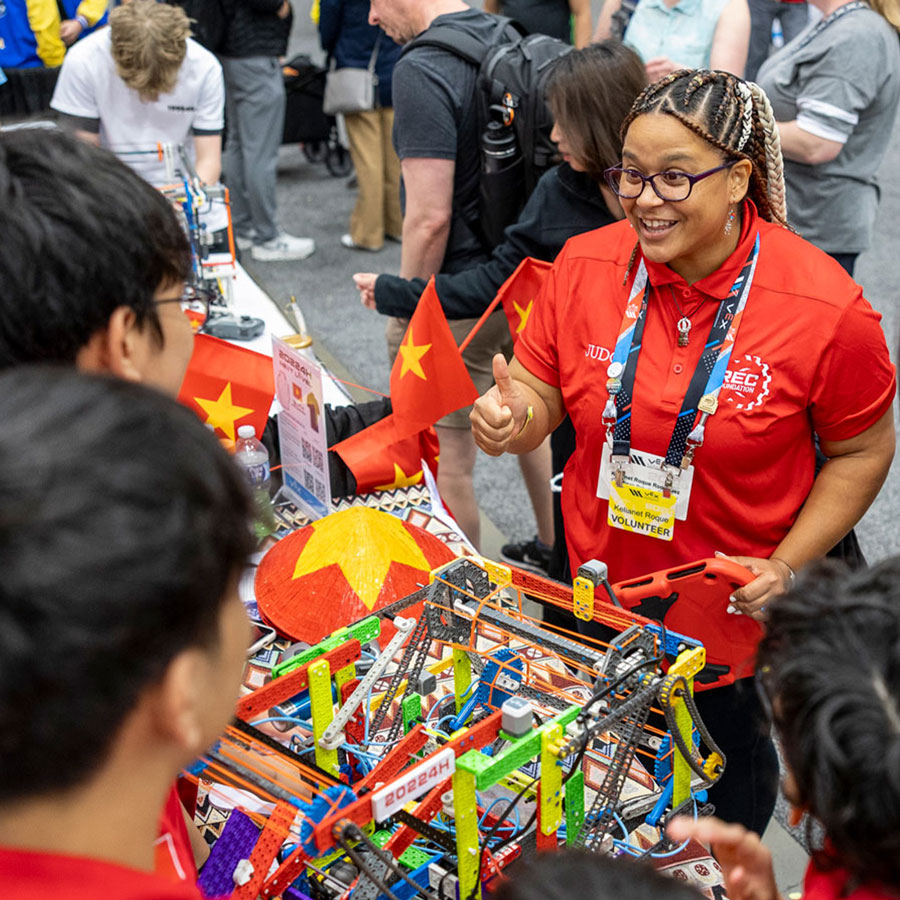
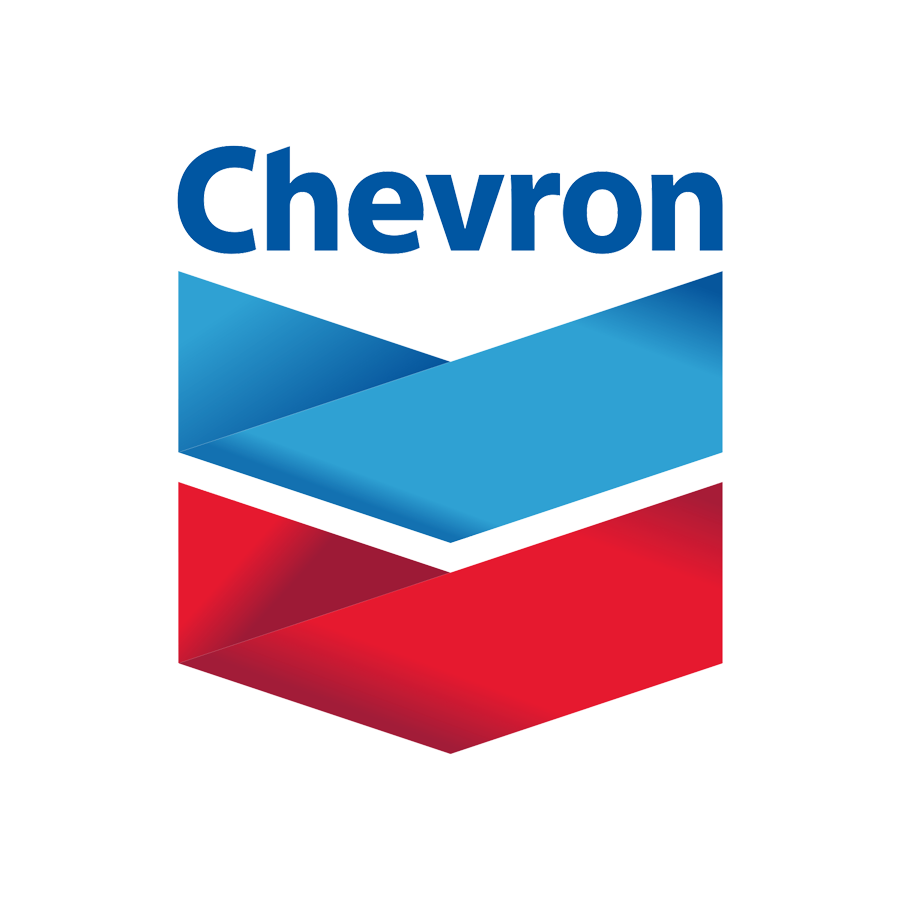
GREENVILLE, TX – September 8, 2016 – The Robotics Education & Competition (REC) Foundation today announced Timothy Sierk, VEX Robotics Competition Team 177X from Ashland, Virginia, as the winner of the 2016 Chevron Scholarship, which encouraged students to submit an essay explaining how the VEX Robotics Competition enabled them to develop high competency and appreciation for science, technology, engineering and mathematics.
“The VEX Robotics Competition has not only taught me tangible skills like designing and programming, but also intangible skills like teamwork, strategy, and leadership” said Timothy Sierk. “In my four years as a VEX team captain, I have learned valuable lessons like when to redesign and how to communicate technically across language barriers at VEX Worlds. Throughout my career, I will be able to thank the VEX Robotics Competition for giving me a solid STEM foundation.”
Timothy will attend Cornell University with plans to study Mechanical Engineering starting this semester. The Chevron Scholarship provides a $5,000 award to a high school senior who is intent on pursuing a degree in science, technology, engineering or mathematics.
“The REC Foundation Scholarship Program continues to expand with new opportunities each year to assist students in their pursuit of a post-secondary degree,” said Jason Morrella, president of the REC Foundation. “I would like to congratulate the 2016 scholarship winners and wish them much success as they prepare for a future career in science, technology, engineering and math.”
The 2016/2017 season is now open with VEX IQ Challenge Crossover and VEX Robotics Competition Starstruck. The new games were announced at VEX Robotics Competition World Championship in Louisville, Kentucky on April 20-23, 2016. For more information about the REC Foundation and the scholarship program, please visit www.RoboticsEducation.org.
About the Robotics Education & Competition Foundation
The REC Foundation seeks to increase student interest and involvement in science, technology, engineering and mathematics (STEM) by engaging students in hands-on, sustainable and affordable curriculum-based robotics engineering programs across the U.S. and internationally. Its goal is to provide these programs with services, solutions, and a community that allows them to flourish in a way that fosters the technical and interpersonal skills necessary for students to succeed in the 21st Century. The REC Foundation develops partnerships with K-12 education, higher education, government, industry, and the non-profit community to achieve this work so that one day these programs will become accessible to all students and all schools in all communities. For more information on REC Foundation, visit www.RoboticsEducation.org.
###
